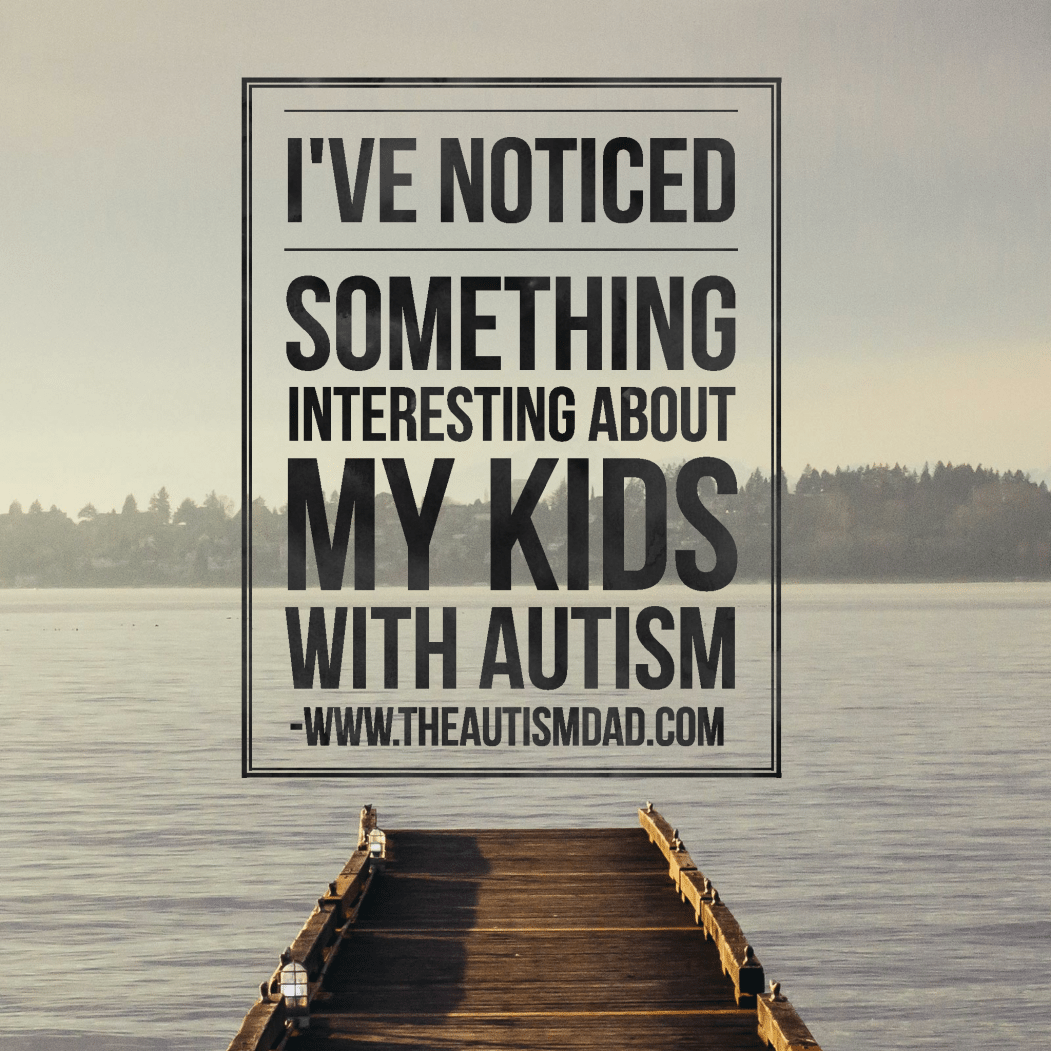I want to upfront and honest, I did not vote for President Obama, in either election. However, having said that, what I think about how we elect our leaders has nothing to do nothing who wins or who loses.
As I’m writing this, President Obama appears to have been reelected.
While I’m bothered by this, my concern lies in the fact that someone can be elected to this country’s highest office without winning the popular vote.
I believe there have been elections where the Republicans have benefited from the electoral college as well.
In truth, I didn’t agree with that either.
In my personal opinion, I believe that the people’s voice should carry more weight then the electoral college.
To me, it’s insane that the majority of voters declare that they want a particular person to be their elected leader and that voice is quashed by the electoral college.
I question the fairness of that.
Admittedly, I’m a bit rusty on the reasons for having the electoral college in the first place.
Having said that, if the majority of voters speak their mind through the ballot, why is that not enough?
Again, this is just my opinion. The process seems flawed and appears to give way to much power to a handful of states.
I wonder if this is what our founding fathers had envisioned?
But hey, what do I know? I’m just a father that wishes to see this country be made a better place for my kids.




I switched over to ‘desktop’ version so that I may laboriously and with great difficulty post on your site. Obviously everyone has their own idea as to what is best for their family. That being said, I am surprised that you would vote against your own best interest. Although, as one Pundit recently noted Romney does care for even, ‘the retard’. THEIR WORDS, NOT EVER IN A MILLION YEARS MINE! Holy crap, this site truly SUCKS to post on! So. DIFFICULT!!!
The electoral college gives small states over-representation. The issue is that different areas of the country have different (legitimate) concerns. People who support the electoral college (including the founding fathers) saw that it keeps the legitimate concerns of less populated regions on the national agenda. If it were just a matter of the popular vote, no candidate would bother campaigning in small states. It would be the California, NY and Florida show. Which may or may not be a good thing, depending on how you think about it.
As you were very honest to say that you didn’t vote for President Obama, I’m really very curious. Why not? (I mean, given your family situation and the Republican’s avowed plans to cut Medicaid, Medicare, family supports of all kind, and leave people with pre-existing conditions uninsured) I’m surprised enough to think I might learn something that I haven’t understood. I would be very grateful if you could explain this.
@dotdash I feel that there is to many things in question about him. I don’t agree with his foreign policy or him bypassing Congress and using executive orders to bypass our system of checks and balances. I suppose I don’t trust him. I don’t believe everything I hear and read but there is enough convincing evidence to raise many questions. Read more: Is our election process fair?
@lostandtired I know that wasn’t the centerpoint of your article (which I did read and responded to above). Your answer about the president is so vague, though, that I haven’t understood you. I would have thought that the single most important thing you could do for your family’s well being is to make sure President Obama got re-elected. So clearly I have missed something.
@dotdash@lostandtired
Thank you, dotdash. Romney/Ryan planned to replace Medicaid with vouchers. Go over that amount? It comes out of your pocket.
The 47% Romney spoke about? The ones he thought were useless moochers – you know he would consider your family part of that, right? Your family uses more health care than any I’ve ever heard of, government is helping you somewhere.
Obama has been/continues to fight for health care for all, regardless of preconditions or income. Hopefully he can prove that to you by giving your family (continued) great access to health care.
But you don’t trust him, and you don’t say why.
I am in Canada. Don’t follow all the American political stuff.
When people feel strongly for one party I am interested.
Why do you choose romney over Obama
@Jodi p I feel that there is to many things in question about him. I don’t agree with his foreign policy or him bypassing Congress and using executive orders to bypass our system of checks and balances.
I suppose I don’t trust him. I don’t believe everything I hear and read but there is enough convincing evidence to raise many questions.
Tell me about it!!!!! As a Republican in California, I could not agree more!!! (I need to breathe and stop using exclamation marks.)
Our founding fathers believed that “the people” weren’t really smart enough to make decisions. So they made representatives who would make it their lives to really think about and understand these issues. The representatives were then elected by the people to represent them and their best interests. Thus the electoral college was born, under the assumption that most citizens wouldn’t have the resources, background, or knowledge to make an effective decision. Plus, in days when communication and information wasn’t terribly widespread, this made some amount of sense. Now I don’t know whether I officially agree with it or not – I certainly felt prepared for the presidential election, however many of the other things I voted for today (or abstained from voting for in some cases), were things I wish I had the time and energy to really learn about. In an idealized electoral system, that’s the point of the representatives.
The only other thing I’d like to add is that at the time of *this* comment, Obama actually did win the popular vote, if only by 0.5%.
What I don’t believe our founding fathers envisioned was a corrupt “two-party” system…
@k0nane I figured you chime in. 🙂
What would your suggestion be?
@k0nane Sadly, our founding fathers knew exactly what a terribly corrupt two-party system was like: they had one. John Adams wrote really scurrilous anonymous essays about Thomas Jefferson to his party’s loyal newspaper and Thomas Jefferson said such terrible things about George Washington that neither Washington nor his wife every spoke to him again. The parties merely carry on now as they have always been…
@dotdash @k0nane Interestingly, both k0nane and dotdash have some truth to what they are saying. Many of the founding fathers vehemently disagreed with the concept of parties. They wanted there to be reasoned debate about all issues, without bias. They thought this would let Congress generally come to the right conclusion. Parties would play no role in a reasoned debate without bias.
On the other hand, there were definitely fledgling parties, though not nearly as organized as we think of them today. It might actually be better to call them factions instead of parties. And these factions could be quite unsavory from time to time.
Of course, these factions made many of the founding fathers even more sure that anything resembling parties was a bad idea. The factions in existence did not seem to lend themselves to reasoned debates, so why would parties?
Some political scientists argue that political parties are inevitable in a large democratic society. They serve to organize elections, and allow for consistent voting patterns in Congress. I tend to agree with these political scientists. The ideals that Jefferson and Madison had were impractical. Which leaves us to try to constrain parties as best we can…
Oh, and the electoral college was created… well, think of trying to give every person in the European Union an equal say in their leader. England would strongly object. England would want a greater impact on the vote because it is currently more powerful and better able to handle problems that face the EU. That’s kind of the same reason that the smaller states required that they be weighted more than the bigger states.
Yikes, sorry for the essay! The history intrigues me greatly.